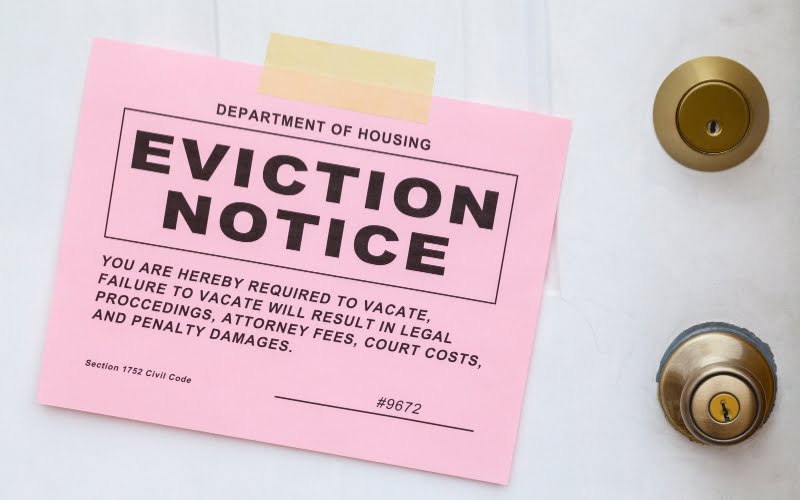Last Updated on March 18, 2024 by Kelvin Nielsen
The Alabama landlord-tenant law on damages is pretty straightforward when it comes to what responsibilities landlords and tenants have. Continue reading to learn more!
A tenant has a responsibility to care for their rented premises by not causing careless or negligent property damages. This is pursuant to Chapter 9A of Title 35 of Alabama laws.
The following are answers to commonly asked questions regarding what Alabama landlord-tenant law says on rental damages.
How much can a landlord charge for damages in Alabama?
As a landlord, you have a right to penalize a tenant who causes negligent damage to your rental property. The charges to hold your tenant liable for should obviously be dependent on the damages caused.
You should first try to recoup your losses by making appropriate deductions on the tenant’s security deposit. In Alabama, the maximum security deposit you can charge a tenant must not exceed the rent of one month. If you charge a monthly rental price of, say, $1,200, then you must not ask a tenant a dime beyond $1,200 as security deposit.
But what would happen if the tenant causes damages whose repair budget exceeds $1,200? In such a case, you’d want to move to a small claims court to sue the tenant for the additional costs.
What is considered ‘normal wear and tear’ on a rental property in Alabama?
Alabama defines ‘normal wear and tear’ as the deterioration that a property undergoes due to normal, reasonable use of the property. In other words, this type of damage doesn’t occur as a result of the tenant’s negligence, carelessness, accident, misuse or abuse.
Examples of this type of damage include gently worn carpets, stained bath fixtures, fading wall paint and flooring, lightly scratched glass, faded paint, and loose door handles.
As a landlord, you’re responsible for fixing this kind of rental damage.
The only type of damage that you can hold your tenant liable for fixing is one that exceeds normal wear and tear. Examples of this kind of damage includes broken tiles, a missing door knob, a smashed window, a missing door, ripped carpet, holes in wall, and missing fixtures.
Can a landlord deduct painting from the security deposit in Alabama?
Yes! You can charge your Alabama tenant for damage they have done to the paint. A good example of this is when the tenant makes unapproved paint jobs on the property. If the tenant moves out of the property without fixing the repair, you can withhold appropriate amounts from their deposit to repair the walls.
That said, please note that you cannot charge tenants for paint that has naturally worn out due to ageing. (Here is a guide on other things you cannot do to tenants in Alabama).
Generally speaking, though, paint will naturally wear out in about 3 years.
Can a landlord charge for carpet cleaning in Alabama?
Generally speaking, you shouldn’t charge your tenant for standard carpet cleaning. After all, that is part of your overall turnover costs.
That being said, if the tenant leaves the carpet in a dire state of uncleanliness or is damaged, you can deduct the costs from their deposit. Examples of excessive damages on a carpet include pet urine and serious stains.
In some cases, though, some landlords can include carpet cleaning as a tenant’s responsibility prior to moving out. In this case, the tenant would need to professionally clean the carpet prior to vacating the property.
Conclusion
As a landlord, you have a right to penalize a tenant for causing damage exceeding normal wear and tear. But in doing so, however, you must make sure that you abide by the relevant laws.
Disclosure: The content herein isn’t a substitute for advice from a professional attorney. It’s only meant to serve educational purposes. If you have a specific question, kindly seek expert attorney services.
Sources: Alabama Security Deposit Laws, Alabama Landlord-Tenant Law, RentPrep.com, Nolo.com.

I am a real estate attorney with over 11 years of experience in tenant eviction cases. My mission here at LTRC is to help answer your commonly asked questions on everything regarding real estate laws, especially on eviction matters.
I’m a member of the following professional organizations: Attorneys’ Real Estate Councils of Florida (ARECs), Florida Bar Real Property, Probate & Trust Law Section, American College of Real Estate Lawyers (ACREL), and the Florida Association of Community Managers (FACM).







